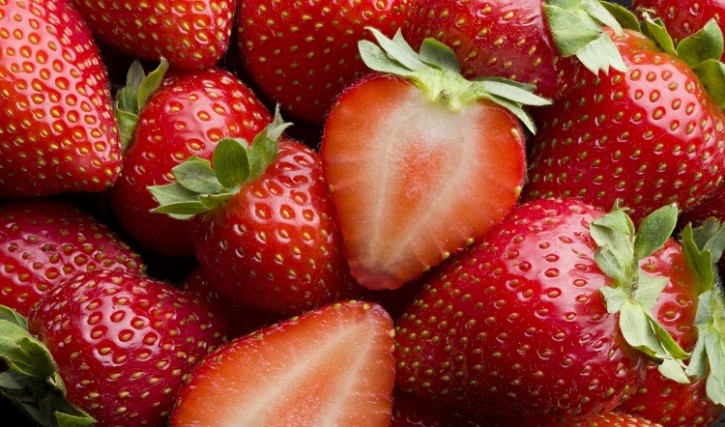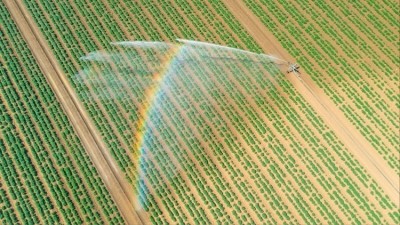News
Strawberries fewer and more expensive thanks to global warming

Researchers found that a rise in temperature of 3 degrees Fahrenheit (1.6 degrees Celsius) could reduce strawberry yields by up to 40%.
Their new method analysis used a model that predicted probability of yield loss by linking air temperature anomalies and strawberry yield. This process allowed for the measurement of greater variability over time and the most accurate findings to date.
Directly impacting food
“This research shows how climate change can directly impact the foods we love, emphasizing the importance of sustainable farming practices to maintain a stable food supply for everyone,” said Dr. Poornima Unnikrishnan, a postdoctoral fellow in the Department of Systems Design Engineering at Waterloo.
Researchers suggested a number of sustainable farming practices that could help mitigate the damage climate change can have on strawberry yields.
This included optimising irrigation to ensure adequate water supply during heatwaves, using drip irrigation and scheduling operations to avoid peak periods of hot weather, as well as using shading plants and installing shade structures to mitigate heat stress.
Better understanding
“We hope the better understanding of the influence of rising temperatures on crop yield will help in the development of sustainable agriculture responses from the government and farmers,” Unnikrishnan added. “There is an urgent need for farmers to adopt new strategies to cope with global warming.”
The full report, ‘Influence of Regional Temperature Anomalies on Strawberry Yield: A Study Using Multivariate Copula Analysis’ can be read here.
Meanwhile, the UK is not on track to reduce emissions in 2030 by 68% compared to 1990 levels, according to a new report by the Climate Change Committee.
The committee’s 2024 Progress Report to Parliament said that while progress has been made in phasing out coal-generated electricity, the UK economy needs to rapidly reduce its use of oil and gas.















